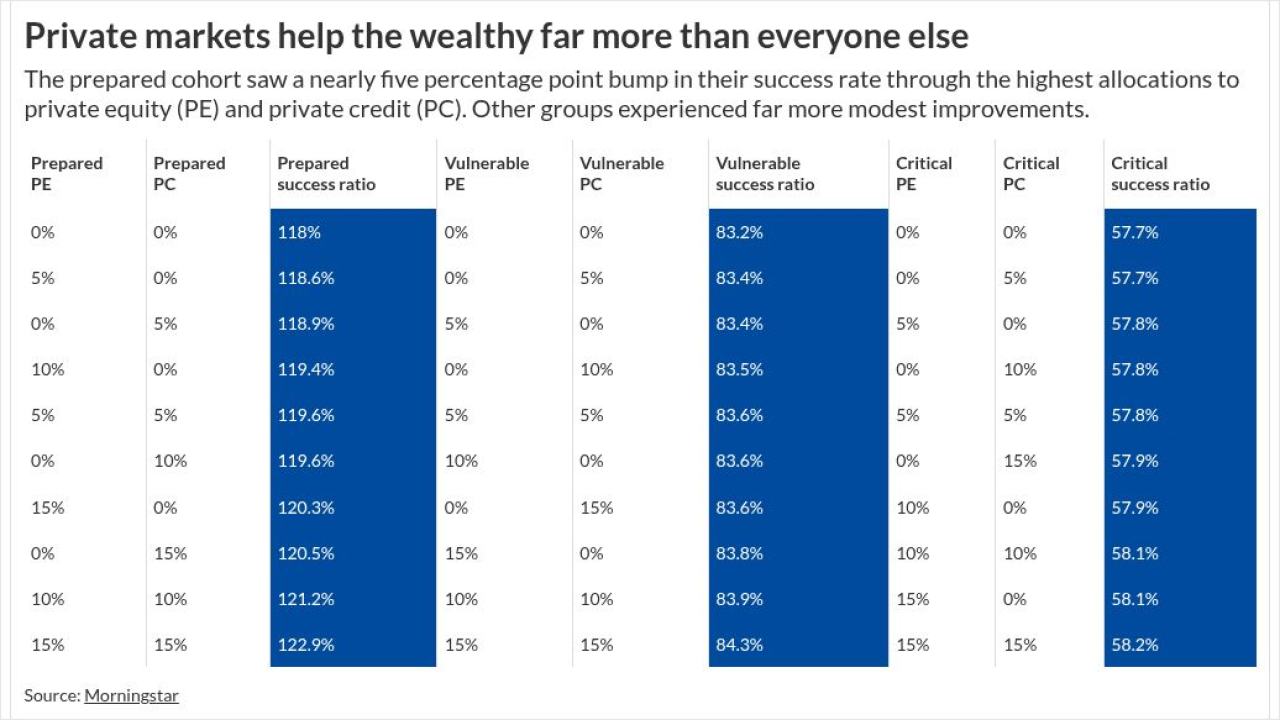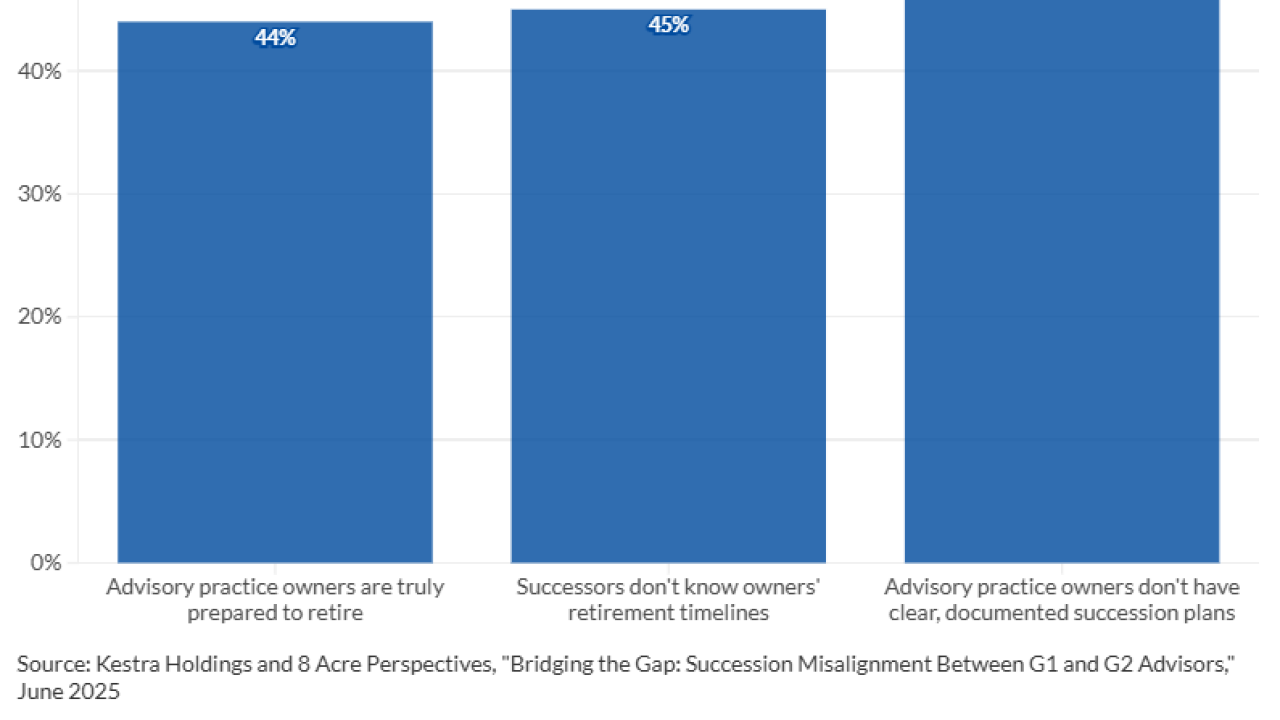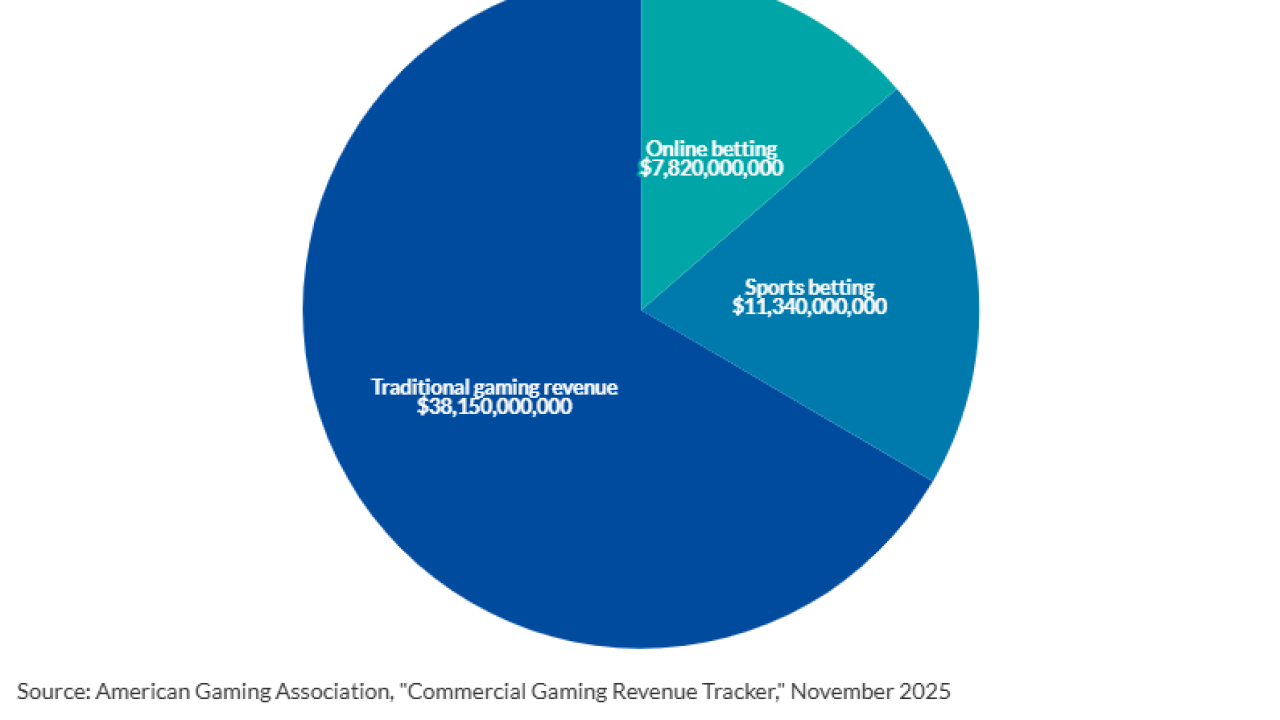Our daily roundup of retirement news your clients may be thinking about.
Seniors should expect that their medical expenses are likely to increase over the years, and that Medicare will not cover all of these costs, according to this article on The New York Times. Medicaid is becoming an important coverage for many retirees, who need to seek aid from the program after their long-term care costs exhausted their retirement savings. A study also found that it is quite difficult for people to predict how long they will live. “That makes it infeasible to make a big dent in health care spending by cutting spending on patients who are almost certain to die soon,” says an expert.

Seniors may have overlooked some claiming strategies that could boost their Social Security benefits, according to this article on CNBC. For example, retirees who applied early have the option of cancelling their retirement benefits within 12 months since they filed the application. Those who were born on or before Jan. 1, 1954, can file for spousal benefits on their spouse's record at full retirement age and defer their own retirement benefits until 70 for bigger payouts.
Today's seniors are carrying a greater debt burden compared with those who came before them, and this could be attributed to numerous factors, including years of over borrowing, higher medical costs and increasing college costs, according to this article on The Wall Street Journal. "The result is that debt is now eating up most of the incomes held by America’s eldest citizens," states this article. "That is a problem their parents didn’t have. The shift threatens to upend the traditional arc of adult life for many Americans."
Despite the misperception about annuities, investors who annuitize a portion of their retirement savings could collect bigger returns than when they depend solely on financial assets for income, writes a Forbes contributor. Insurers are likely to increase their annuity payments if other annuitants pass away, explains the expert. "Another critical difference between a retirement plan that includes an annuity and one based entirely on draws from financial assets is that annuity payments are guaranteed where investment returns are not."





